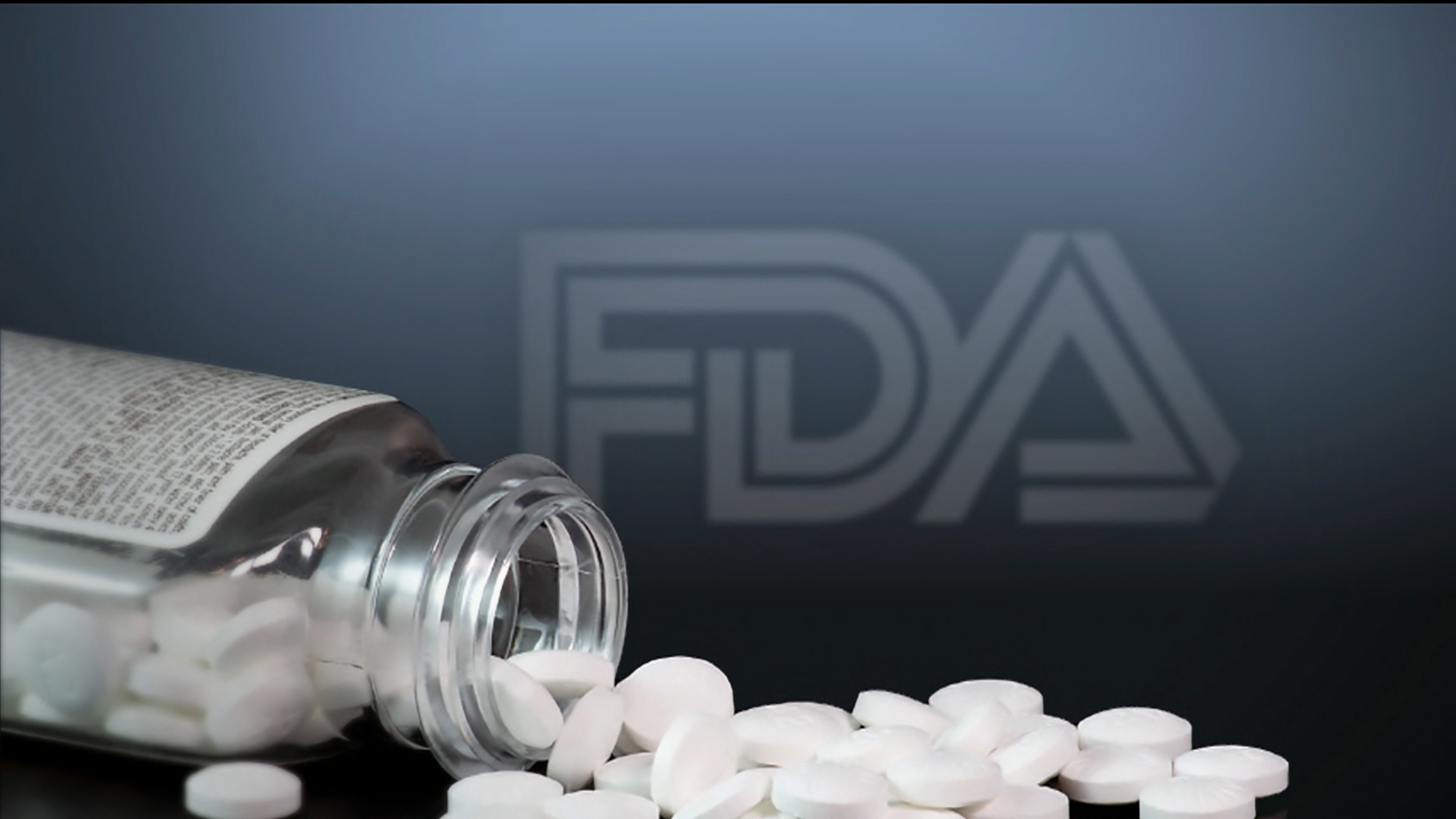Taking an aspirin a day may help prevent heart attack or stroke in some people, but it’s not for everyone — and the common drug can have serious side effects that offset the benefits.
That’s the reminder Monday from health officials at the federal Food and Drug Administration, who have finally told giant drugmaker Bayer Corp. not to expect the agency to give the go-ahead for labels listing aspirin as a drug for primary prevention of heart attacks and other problems.
Instead, the recommendation for daily doses of therapeutic aspirin remains the same: It should be used only in people at high risk for heart attack and stroke, and then only under a doctor’s care.
“You should use daily aspirin therapy only after first talking to your health care professional, who can weigh the risks and benefits,” said Dr. Robert Temple, the FDA’s deputy director for clinical science.
Some studies have shown that taking doses ranging from an 81-milligram baby aspirin to a 325-milligram full-strength tablet can be helpful and aspirin therapy is recommended for those who’ve had a heart attack or who are at high risk for one.
But no one should be taking daily aspirin just because they think it’s a good idea, said Dr. Richard Chazal, vice president of the American College of Cardiology.
“There’s been sort of a conception that since aspirin is so good that maybe it would be a good idea if everyone took it,” he said. “But the data don’t really support that.”
Aspirin is a blood thinner, which helps with heart attack and stroke, but also carries risk of dangerous bleeding in the stomach or brain. People need individual assessment of their health condition to determine whether aspirin is right for them.
Bayer asked the FDA in 2003 to allow label changes, citing studies that showed daily low-dose aspirin appeared to cut the risk of cardiac problems and stroke. The agency finally sent the firm an answer on Friday, saying that subsequent studies don’t show a significant benefit of aspirin for primary prevention uses.
But both FDA and Bayer officials acknowledged that there are a number of ongoing, large scale clinical studies under way to test the use of aspirin for primary prevention of heart attack and stroke. Bayer officials said the results of aspirin use in more than 50,000 patients are expected in the next few years.
One caveat: If you’re already taking aspirin under a doctor’s orders, don’t stop without checking. It can be life-threatening to abruptly halt your dose, said Dr. Steven M. Goldberg, a cardiologist at North Shore Cardiology and Internal Medicine in Great Neck, N.Y.
Source: nbc news



